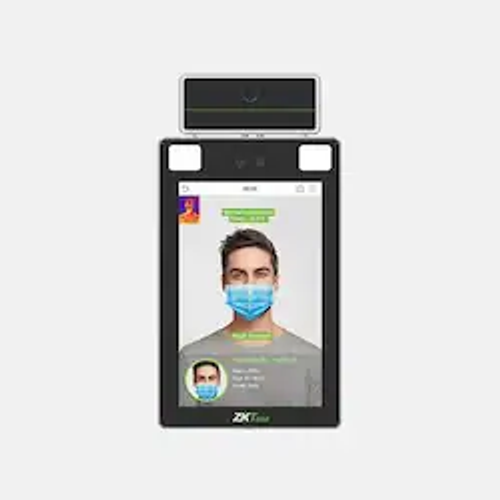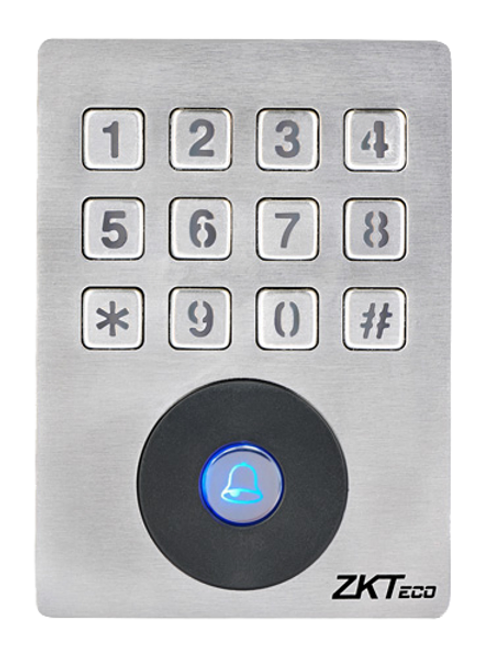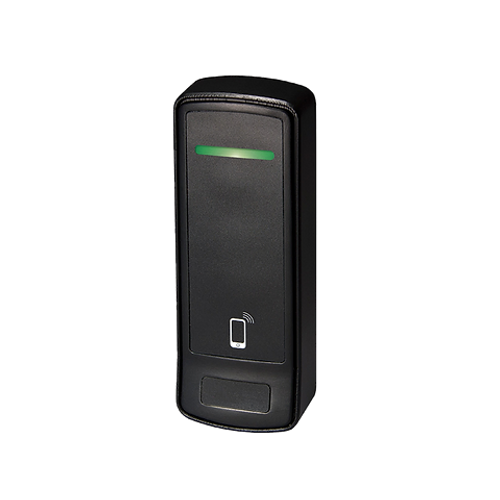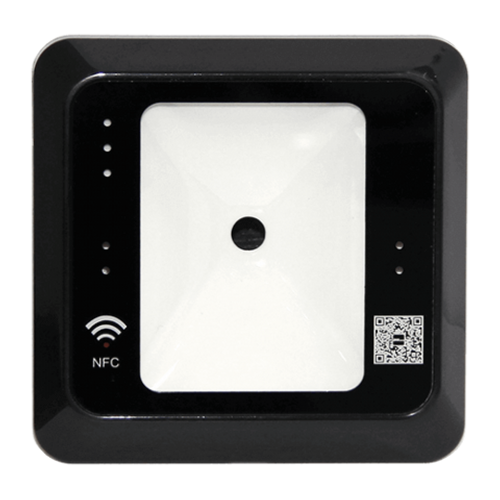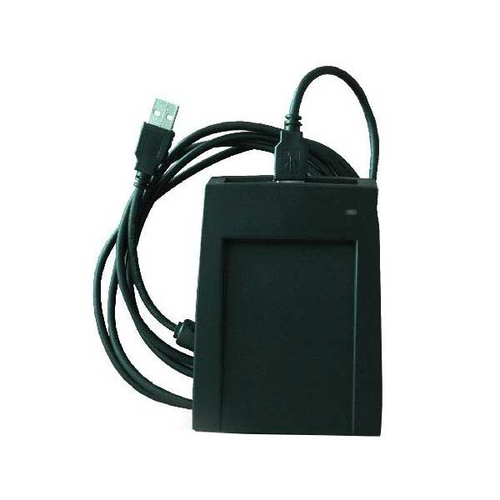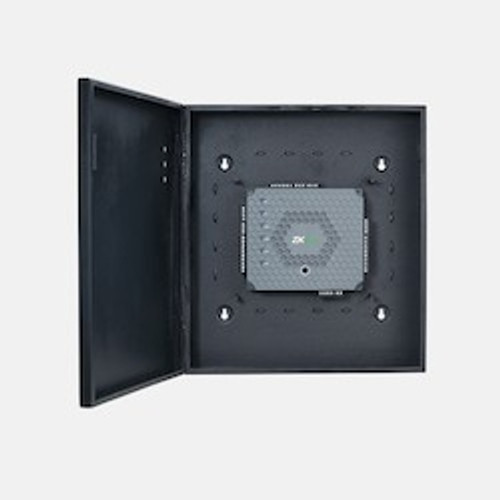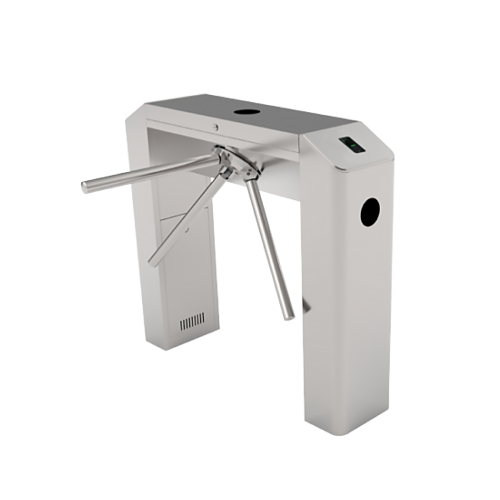Description
SF1008T+ is a patent-pending access control reader that can authenticate registered & unregistered users elevated body-temperature and the presence of a mask from up to 2.5 feet away. The thermal imaging camera detects body-temperature accuracy up to +/-0.6 °F and can adapt to environments without a constant temperature.
The use of biometric identification for access control and time and attendance raises a number of ethical concerns. Some of the key considerations include:
- Privacy: Biometric data, such as fingerprints and facial recognition, are sensitive personal information that could be used for nefarious purposes if it falls into the wrong hands.
- Accuracy: Biometric identification systems are not 100% accurate and may produce false positives or false negatives, which could lead to individuals being denied access or incorrectly clocked in or out.
- Bias: Biometric identification systems may be more likely to produce errors for certain groups of people, such as older adults or people with certain disabilities, which could lead to discrimination.
- Data security: Biometric data is sensitive information and must be protected from unauthorized access, use, or disclosure.
- Data retention: Biometric data should only be retained for as long as it is needed for the specific purpose for which it was collected, and should be deleted thereafter.
Transparency: The use of biometric identification should be clearly explained to employees and their consent should be obtained.
Given these concerns, it is important for organizations to carefully consider the potential ethical implications of using biometric identification systems and to take steps to mitigate any potential negative consequences. It is also important to ensure that any biometric identification systems used comply with all applicable laws and regulations.


